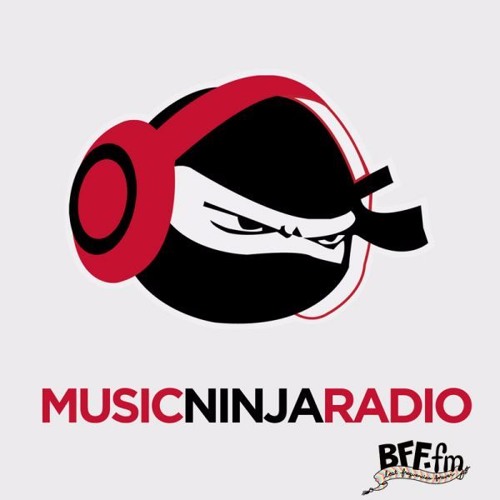
The Game
Musical identity is a nebulous concept that has a significant impact on how listeners interpret, relate to, and appreciate music. It is an amalgamation of many characteristics–only one of which is the sound itself. It determines how we categorize and, often, immortalize musicians (i.e. Biggie and Tupac forever enshrined as icons of a classic era in hip-hop). The release of a debut album is an artist’s single best opportunity to assert their artistic persona–a musical first impression is as important as any. Take Kanye West’s The College Dropout, or Kid Cudi’s Man on the Moon Pt 1; two hugely popular albums that put soon-to-be breakout stars’ skills and talents on full display. In a similar vein, Gabriel Garzón-Montano’s debut LP, Jardín, is a bold declaration of Garzón-Montano’s ingenuity– one that gives him the potential to be a mainstay of today’s crowded music landscape.
Brooklyn native Garzón-Montano is the son of Colombian and French immigrant parents, and his heritage certainly contributes to his musical identity. He cites his father’s Colombian roots as a source of inspiration. That appreciation of salsa and cumbia manifests itself in the funky and rhythmic nature of several tracks on the album. Garzón-Montano attributes his original love for music to his mother–a classically trained musician who passed those skills down. The two contrasting influences mix beautifully on “Bombo Fabrika,” a track that features cello accompaniment alongside a syncopated groove that subtly commands you to dance. Continue reading










